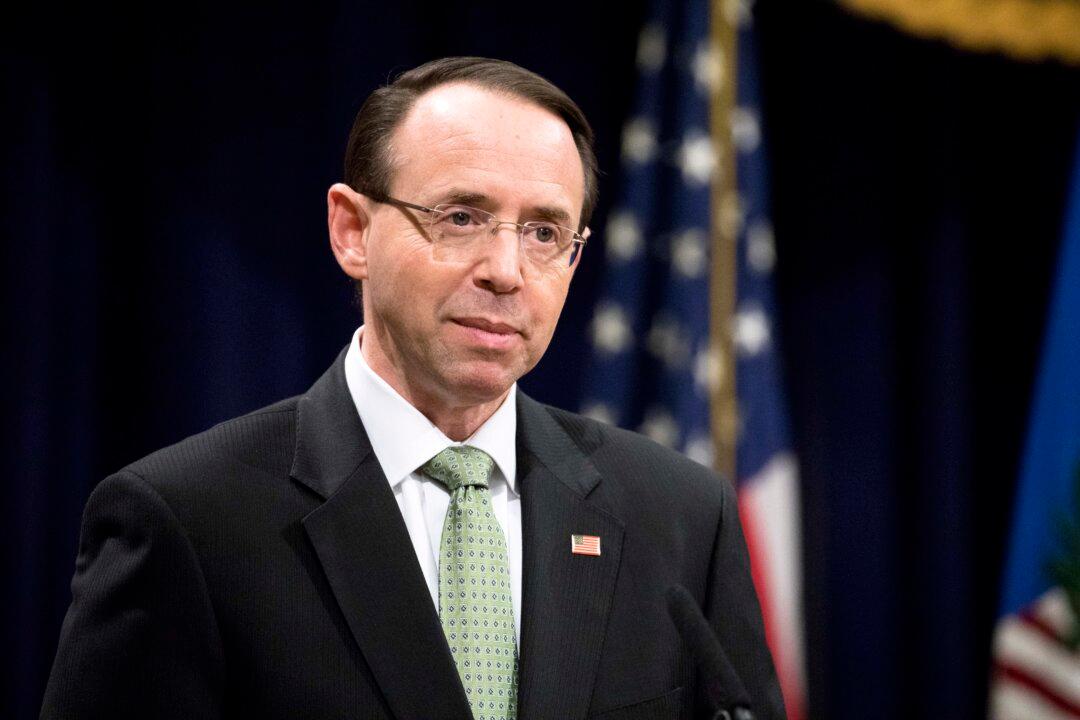News Analysis
Outgoing Deputy Attorney General Rod Rosenstein has evoked strong opinions across the political spectrum during his two-year tenure.

Outgoing Deputy Attorney General Rod Rosenstein has evoked strong opinions across the political spectrum during his two-year tenure.